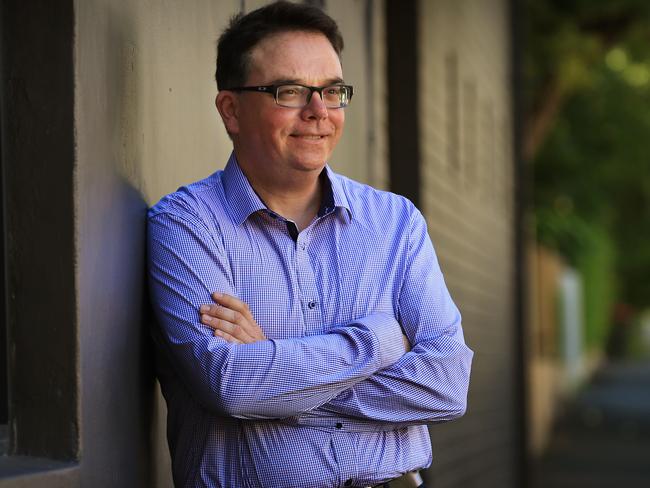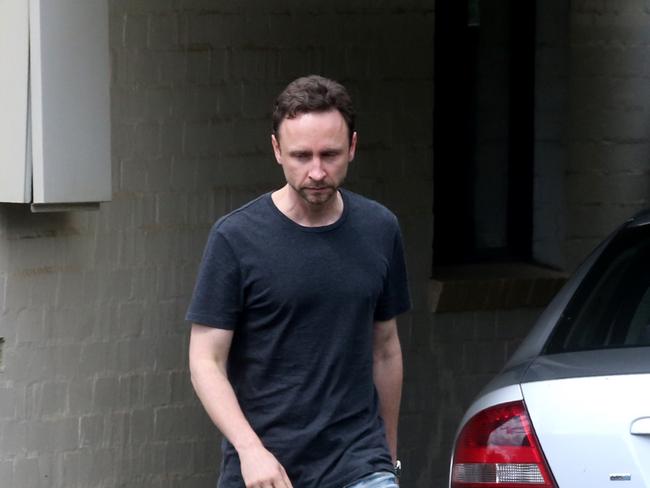Punchbowl Boys High School radicalisation going on for years, says prominent Muslim leader
EXCLUSIVE: A prominent Muslim community leader says radicalisation problems have been going on at Punchbowl Boys High for at least six years.
NSW
Don't miss out on the headlines from NSW. Followed categories will be added to My News.
A PROMINENT Muslim community leader says radicalisation problems have been going on at the state’s most troubled school — Punchbowl Boys High — for at least six years and has hit out at the state government for not acting sooner.
Sunni community leader Jamal Daoud slammed the NSW government for “turning a blind eye” to support of Islamic extremism by some students in the school and said the intervention should have occurred years ago.
Mr Daoud also told The Daily Telegraph that a “holistic” approach needed to be taken for tackling extremism within the school and that mosques should be investigated.

His comments follow the dismissal of former Punchbowl Boys principal Chris Griffiths, who converted to Islam, and the promise this week by his replacement Robert Patruno to teach “Australian values” and crack down on any sign of extremism at the school.
Mr Griffiths was sacked after he refused to implement the state government’s deradicalisation program.

Mr Daoud said he had heard concerns about extremism within the all-boys school since 2011.
“It’s been going on for years,” he said. “I had a friend whose son attended the school and was worried about extremism ... there was violence and radical name-calling.”
Mr Daoud said radicalisation “spread like a disease” and called on the government to investigate the source of the alleged extremism at the school.


“It is an organised process that starts at home, school and at the mosque,” Mr Daoud said.
“My friend whose son attended the school himself ended up becoming radicalised and the things he had once seen as wrong, he started to see as right.
“That’s why the NSW government needs to investigate the source of the radicalisation.”

Fellow Muslim community leader Dr Jamal Rifi, however, said he did not think radicalisation had been the source of the school problems. “In my view it was nothing to do with radicalisation but unhappiness from the staff,” he said.
Dr Rifi said he had spoken with the new principal and given him his advice.
“The community needs to put our hands together and understand that everyone will benefit from a harmonious environment,” Dr Rifi said.


